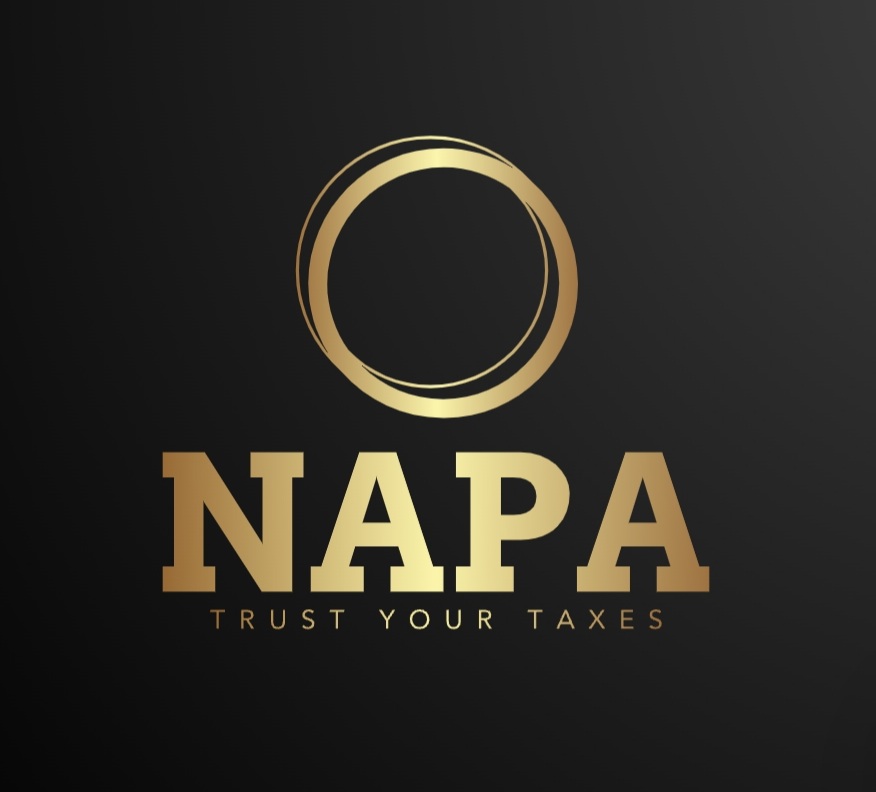Thai crypto taxes, 15% right? or is it 30-35%? What about the 7% VAT?
- Jeremy Gerardi Mazzola

- Oct 31, 2021
- 3 min read
Compared to many countries, the flat 15% WHT on cryptocurrencies sounds like a pretty good deal. But that is a 15% withholding tax. That is not the extent of the capital gains tax. Whether or not the Royal Thai government decides that this withholding tax is all you must pay is something that has yet to be decided. As it stands now, it's probably not. The 15% WHT can be claimed against those capital gains owed.
Thai Capital Gains Rates
Thailand capital gains rates are high: high for many countries, especially if you are a Yankee. Individuals have to pay 35% capital gains, and businesses have to pay 30% capital gains. Both of these rates make investors look for more favorable capital gains rates jurisdictions. The same will probably be true for crypto gains.
VAT on Crypto Transfers
There is a Royal Decree from 2018 that applies a VAT of 7% to to 'investors who buy and sell cryptocurrencies." However, there seems to be an exception to crypto bought and sold on exchanges. Does this mean through brokers, too? That seems to be the spirit of the law. Does it mean Thai exchanges only? I'm sure someone has brought it up.
But one type of transaction it certainly applies to is transfers from wallet to wallet, outside of a brokerage or exhange. It also would apply to the exchange of one crypto to another, within the same wallet. And any exhange of crypto as payment for property or real property or fiat or gold (etc.) between individuals.
'I'm confused'--Don't Worry
Like most countries, Thailand is still considering what to do about cryptocurrencies. In fact, within the last week, they have seemed to take a step backward from an outright ban on Thai exchanges, allowing NFTs to be bought and sold. To say that the rules and laws are fluid is an understatement. (But that does not mean you do not have to pay any tax! If not this writer, hire a professional to assess your tax burden both in Thailand and in your home country.)
I think a lot of countries saw what China did, and were waiting to see where the rest of the countries landed. The United States' seemingly positive view on regulating cryptocurrencies and bringing them into the mainstream has seemed to have a good effect with the rest of the world. Countries seem to feel that rather than pushing their citizens underground to buy crypto (as much as they dislike giving up complete control of their fiat) why not allow it, regulate it, and tax it.
Bitcoin Transactions are Private, right? WRONG
Many people are under the misconception that Bitcoin is secret and that its transfers are too. This couldn't be further from the truth. It's just the opposite. The blockchain structure for Bitcoin is open to all. And yes, transfers can be traced. And while some wallet companies don't ask for personal ID to open with them, governments can use the aggregate and pattern of these open transactions, possibly matched with fiat use, to determine who a particular wallet belongs to....
As mentioned above, if you don't use us at NAPA to do your crypto taxes, use someone. And if anyone holds themselves out to be an expert in all aspects of crypto tax or law, they're either lying or delusional. It's too early for that level of expertise; it's too dynamic.
We at NAPA strive for staying as up-to-date and as ahead of the game as we can, and we can claim that we know much more than most tax lawyers our ages. That's for damn sure! Most still can't explain the difference between Ether and Ethereum.
Don't try to be slick. You've played by the rules (for the most part) your whole life; don't face criminal charges now for tax avoidance on crypto gains. Call a pro.

_edited.png)




Comments